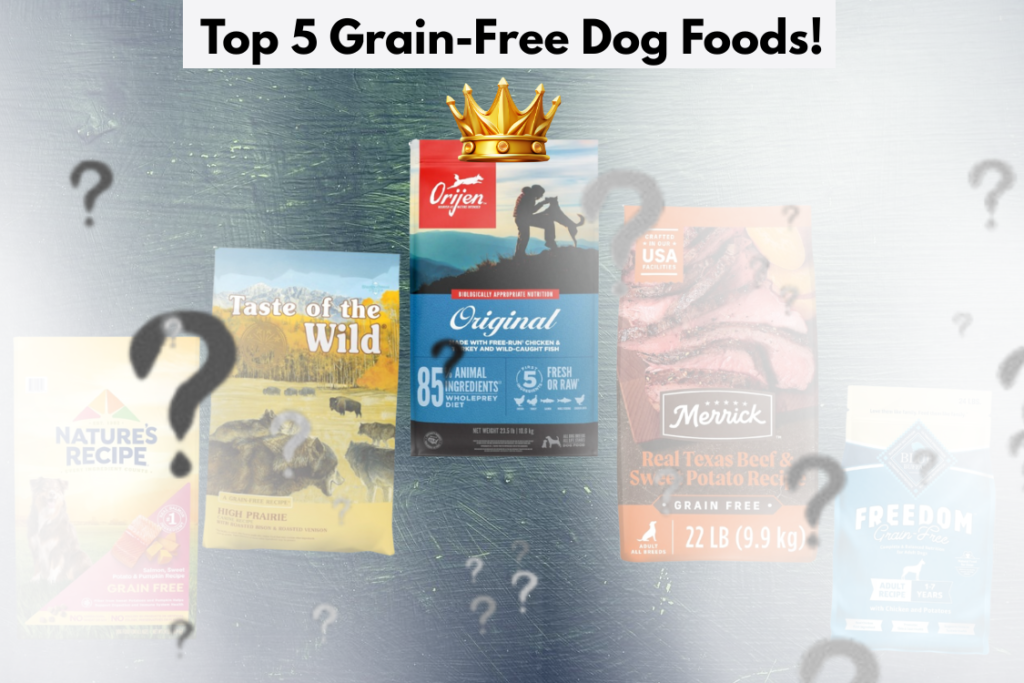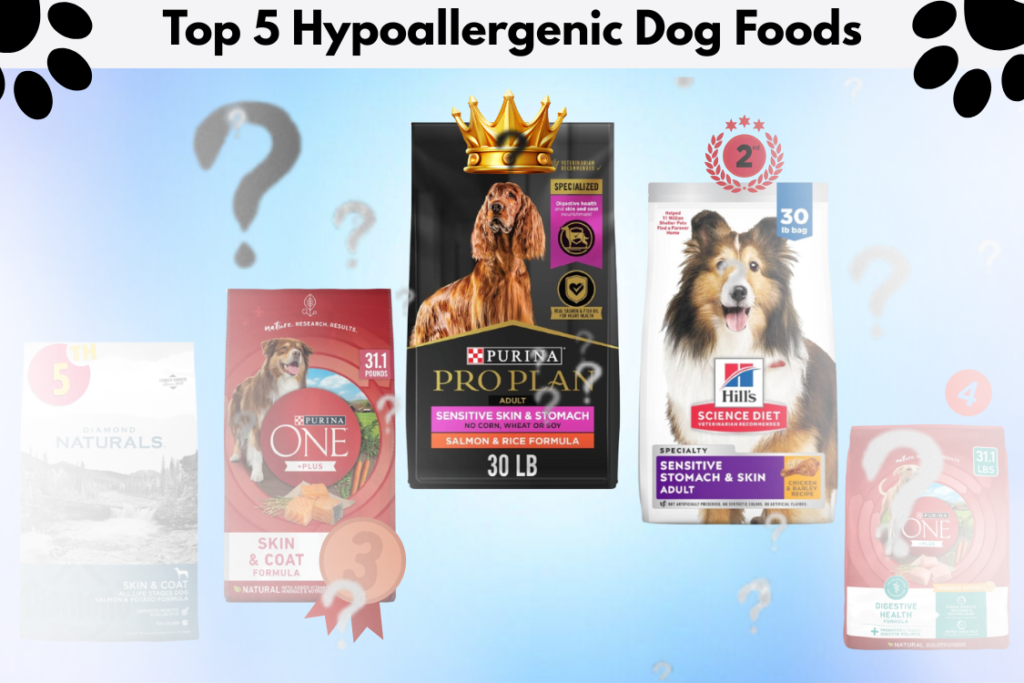
A disturbing recall of 5,700 pounds of Blue Ridge Beef Natural Mix dog food has sent shockwaves through the pet community. Triggered by Salmonella contamination, this recall is not only a serious health hazard to dogs but also to the humans who care for them.
Announced by the U.S. Food and Drug Administration (FDA) on January 31, 2025, this situation demands immediate attention from pet parents across several states. If your dog eats this product, here’s what you must know to act swiftly and protect your pet—and yourself.
Where, When & What to Look For

Why this matters: Contaminated food can lead to illness in both pets and humans. Knowing the details is key to stopping the threat.
The affected Blue Ridge Beef product was distributed between January 3 and January 24, 2025, across retail stores in the following states:
- Virginia
- Maryland
- Pennsylvania
- Connecticut
- Massachusetts
- New York
- Tennessee
- Rhode Island
The issue was discovered during routine testing by the North Carolina Department of Agriculture, which confirmed the presence of Salmonella bacteria in the product.
Here’s how to identify the recalled product:
- Brand: Blue Ridge Beef
- Product: Natural Mix (2-pound raw dog food log)
- Lot Number: N25/12/31 (stamped on the metal clips at the ends of the packaging)
- UPC Code: 854298001054
This isn’t an isolated incident. In December 2024, Blue Ridge Beef also recalled its Puppy Mix for similar contamination, raising red flags about quality control. concerns about its safety protocols.
Risks to Dogs

Dogs infected with Salmonella can experience severe symptoms, including:
- Lethargy
- Vomiting
- Fever
- Bloody diarrhea or loose stools
- Decreased appetite
- Abdominal pain
While some dogs may show mild symptoms, others, especially puppies, senior dogs, and those with weakened immune systems, are at higher risk of severe complications.
Risks to Humans

Salmonella isn’t just a concern for pets—humans can also contract the bacteria through handling contaminated food or touching surfaces where the product was stored. Symptoms in humans include:
- Fever
- Nausea
- Vomiting
- Diarrhea
- Stomach pain
In extreme cases, Salmonella infections can lead to hospitalization and even death, particularly in children, the elderly, and immunocompromised individuals.
What You Should Do Immediately if You Have the Product

If you have purchased Blue Ridge Beef Natural Mix with the affected lot number, do not feed it to your dog. Instead:
- Stop use immediately.
- Dispose of the product safely. Do not donate or return it.
- Sanitize all surfaces that may have come into contact with the food—this includes bowls, countertops, utensils, and storage bins.
- Wash your hands thoroughly after handling any part of the product or packaging.
- Monitor your dog for any signs of illness and contact your veterinarian if symptoms appear.
Even if your pet seems fine, it’s better to be cautious—some dogs may be asymptomatic carriers and still spread the bacteria.
How to Protect Your Pet from Future Recalls
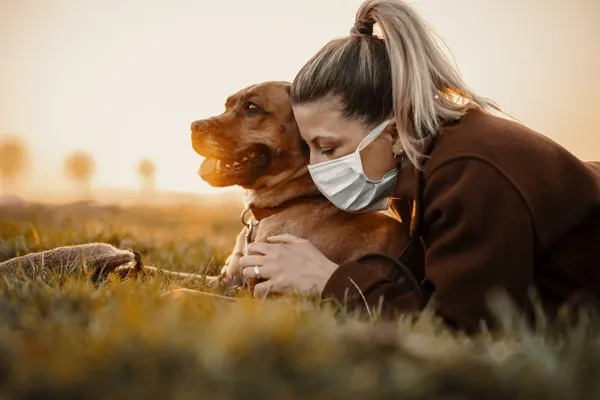
Recalls can be sudden and unsettling. But there are several steps you can take to reduce the risks moving forward:
1. Stay Informed with Recall Alerts

Sign up for real-time recall alerts from reliable sources such as:
- FDA Recalls
- American Veterinary Medical Association (AVMA)
- Trusted pet news websites
You can also follow veterinary professionals or consumer advocacy groups on social media for up-to-date warnings.
2. Choose Brands with Strong Safety Protocols
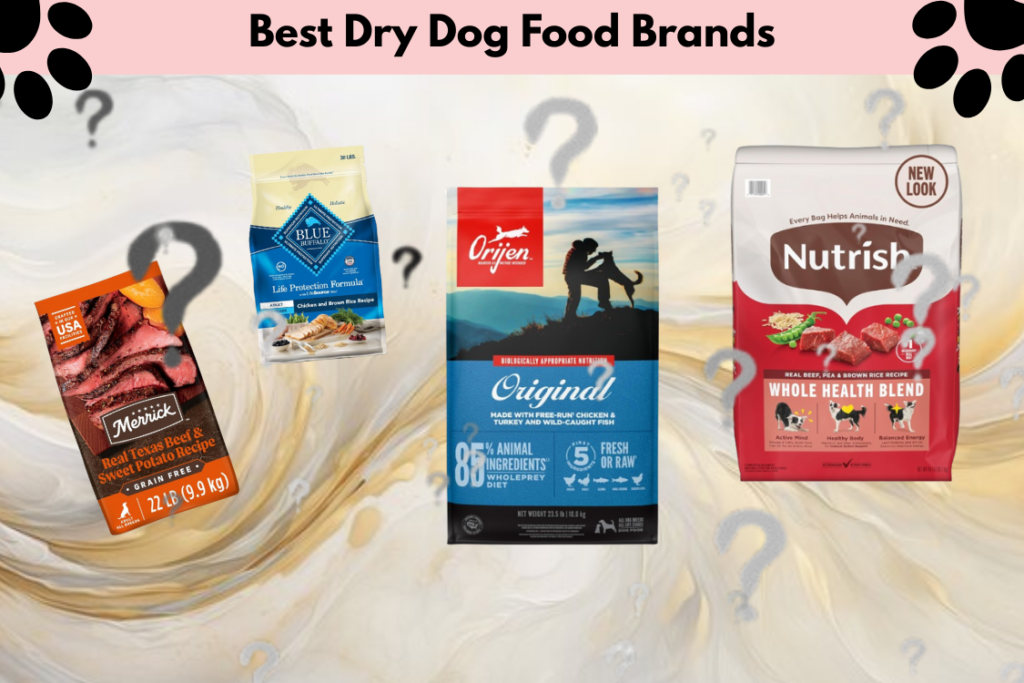
Look for companies that offer:
- Transparent sourcing
- Third-party testing for pathogens
- Clean manufacturing practices
- A history of few or no recalls
Look for a high-quality dog food options.
Avoid brands that cut corners or have repeat violations.
3. Store Pet Food Properly

Incorrect storage can increase bacterial growth. Always:
- Store food in cool, dry places
- Use airtight plastic containers or Large Stainless Steel Pet Food Storage Container
- Never mix old and new batches
Make sure containers are cleaned regularly to prevent cross-contamination.
4. Know the Warning Signs

Unusual symptoms in your dog—especially digestive or behavioral changes—could signal a food-related issue. Keep a food log to help your vet identify potential causes.
5. Consider Safer Diet Options
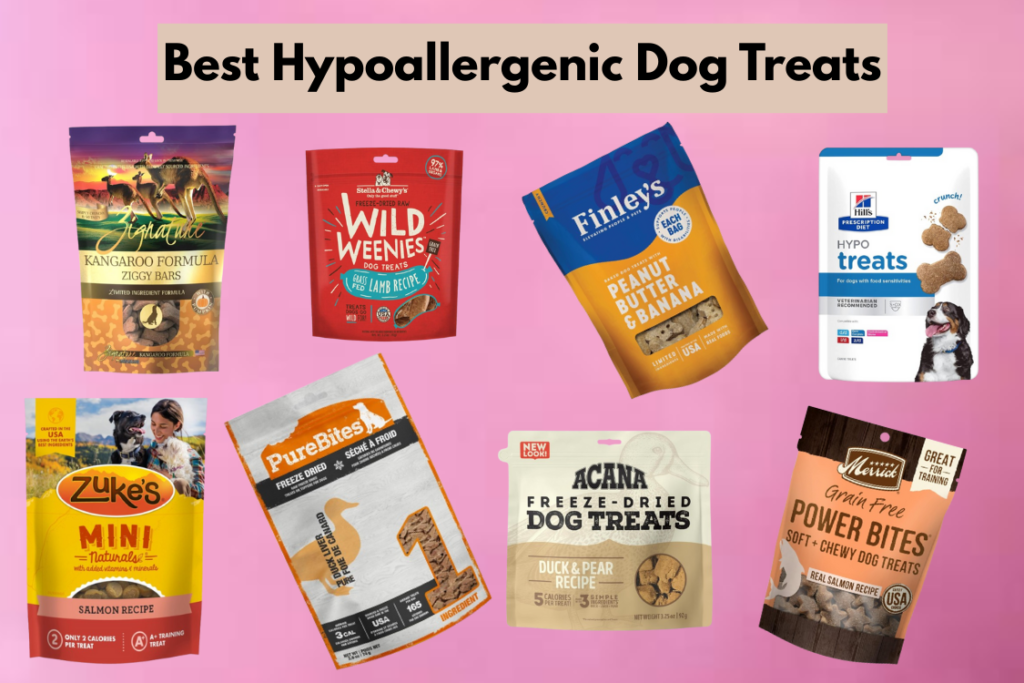
Some pet parents choose:
- Homemade dog meals (vet-guided)
- Freeze-dried or air-dried raw diets
- Veterinary-approved kibble with transparent ingredients
Before making dietary changes, consult with a veterinarian to ensure your dog receives balanced nutrition.
Your pet’s health is in your hands

As pet owners, staying vigilant about what goes into your dog’s bowl can make the difference between a happy, healthy pet and a potentially life-threatening illness.
Share this article with fellow pet owners to keep their pets safe!

